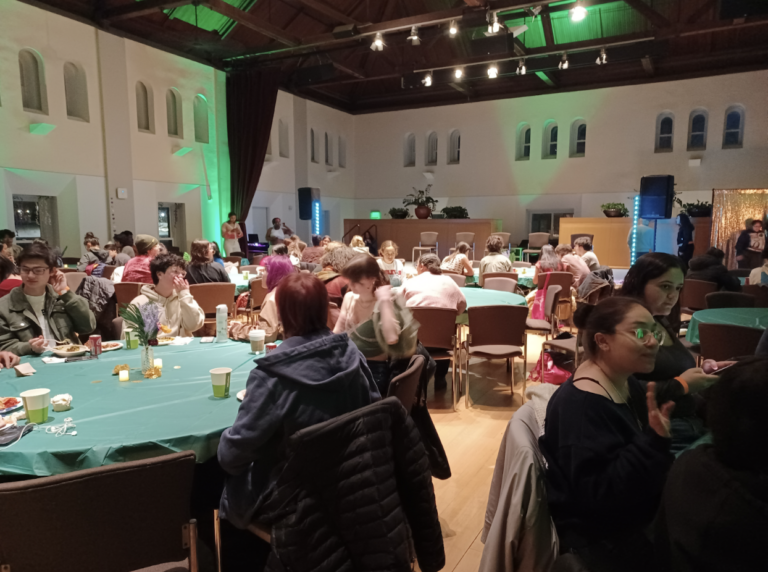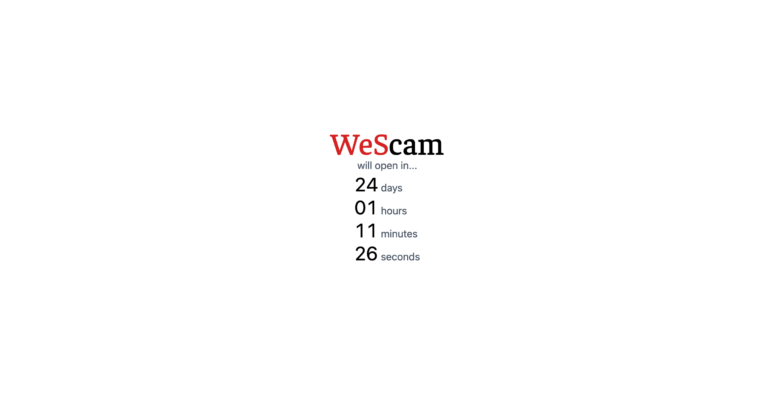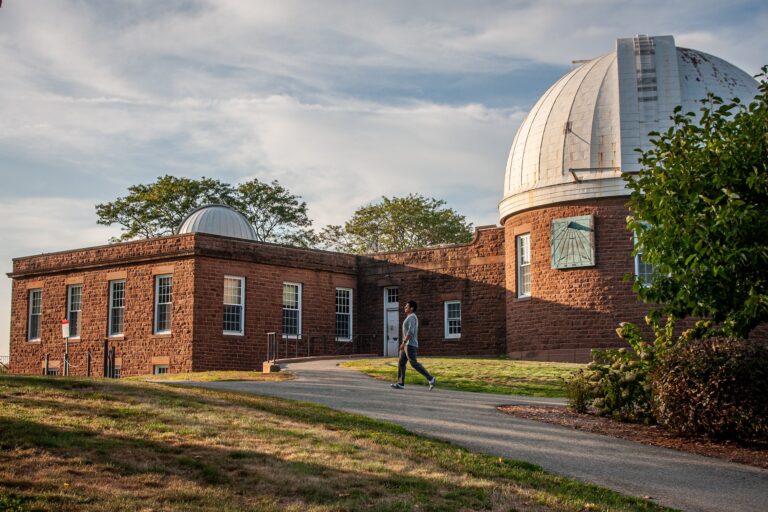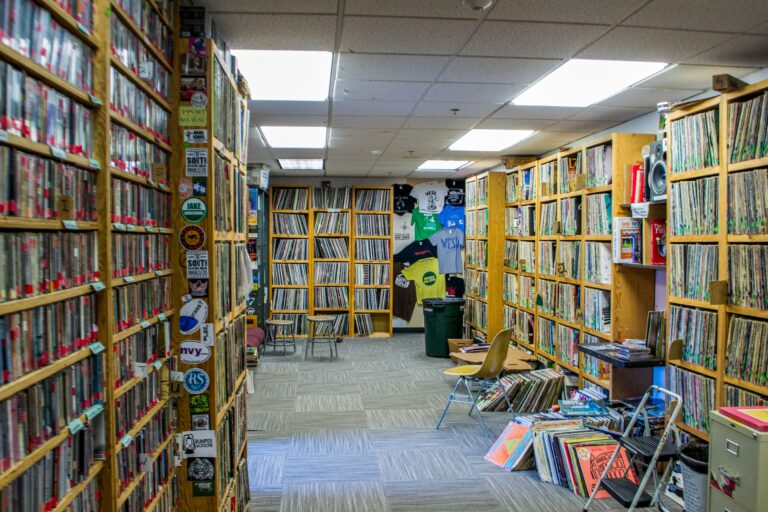NYT Columnist Calls for Religious Literacy on Campus
A few days before appearing on campus, Peter Steinfels, religion columnist for the New York Times and professor at Fordham University, published an article titled “Looking to other Religions, and Atheism, for Clarity in Faith.” On Tuesday, November 10th, however, Steinfels made the opposite argument during the lectures he gave to small groups of students in Usdan. Even secular students, he argued, need to be religion-literate in what he calls the “post-secular” world.
Steinfels does not think that everyone needs to be religious, but he believes that everyone should at least be religion-literate. He thinks the University should take a central role in religious education, possibly by enforcing a graduation requirement that students take courses regarding religious knowledge and history. Steinfels says misunderstandings between the religious and secular world are partially due to a lack of knowledge of the simple stories related to even Judeo-Christian traditions.
“The Post-secular era, in my view, is that religion is not about to go away,” Steinfels said. “Nor is secularity, and the co-existence of the two of them means they are both going to have to change.”
Steinfels used the term “post-secular” in the beginning of his lecture, claiming that “post-modernist” and “post-imperialism” serve the same purpose.
“Maybe people interested in religion should take advantage of this unusually powerful four letter word,” Steinfels said, quoting one of his own articles. “A word that declares something new by declaring it something old—‘post.’”
Father Hal Weidner, the University’s Catholic Chaplain, says Steinfels ideas can be the building blocks for increasing religious awareness on campus.
“It has been said that we are a religious nation of religious illiterates,” said Weidner, who does not see the University as lacking entirely in religious awareness.
Weidner says he brought Steinfels to campus to start a discussion on coexistence of religion and secularism in a largely secular community. He believes that Steinfels brings an intelligent and credible voice to the issue.
“All our cards are on the table [for this lecture],” Weidner said. “I think that it was one way to see how we can introduce more religious literacy.”
Although the event drew a small turnout, Weidner seemed encouraged by what Steinfels had to say. The issue has been introduced, but he is not positive as to what the next step will be towards more religious awareness on campus.
“How we present these things is another question all together,” Weidner said.







Leave a Reply